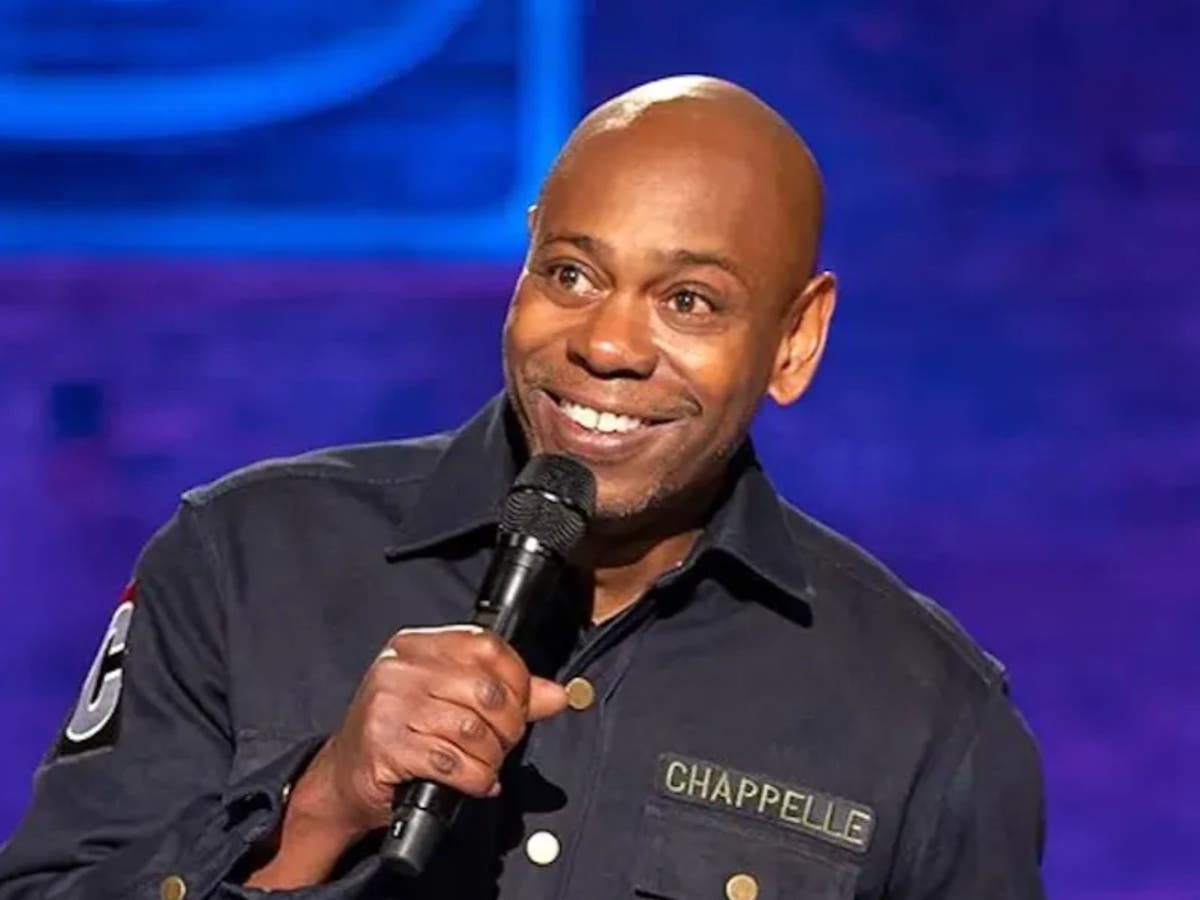Dave Chappelle has released a new Netflix special, The Dreamer, which is full of jokes about the trans community and disabled people.
“I love punching down!” he tells the audience, in a one-hour show that landed on the streaming service today (31 December).
It’s his seventh special for Netflix and comes two years after his last one, the highly controversial release The Closer.
That programme was criticised for its relentless jokes about the trans community, and Chappelle revisits the topic in his new show.
He tells jokes about trans women in prison, and about trans people “pretending” to be somebody they are not.



it’s essential to consider the broader context of oppression when discussing the dynamics of ‘punching up’ or ‘punching down’ in comedy. historically, black people have faced systemic oppression, which continues to impact their lives in various ways. this systemic oppression isn’t just about individual experiences of racism but also about the overarching power structures that disproportionately affect black communities.
when a black comedian addresses topics related to race, they are often speaking from a place of personal and collective experience with these systemic issues. their humor might be a way to cope with or highlight the absurdities and injustices of these systems. therefore, even when their jokes might seem to target groups traditionally seen as more powerful, it’s not the same as ‘punching down.’ ‘punching down’ implies attacking those who are less powerful or oppressed, and given the historical and ongoing context of racial oppression, a black comedian making jokes about race or related societal structures isn’t an act of punching down but rather a form of social commentary or critique.
That doesn’t work against groups that are even further behind in their quest for civil rights. Trans people are still fighting to use bathrooms or participate in sports the Black people fought for 60-70 years ago.
the comparison between the struggles of black individuals and transgender individuals is valid, yet it’s important to understand each community’s unique challenges. while both groups share a common goal of equality and fair treatment, they face distinct battles rooted in different forms of discrimination.
black people have historically dealt with segregation, police brutality, voter suppression, housing disparities, and many other racially motivated issues. they’ve made significant progress in terms of civil rights over the past few decades, thanks to the efforts of activists, organizations, and legislation. however, there’s no denying that these issues persist, requiring continued work towards eradication.
transgender individuals, on the other hand, primarily struggle with gender identity and expression. they fight against misconceptions, prejudice, and bias, which often manifests as restricted access to facilities, employment, healthcare, etc. trans people also experience higher rates of violence compared to the general population, which illustrates the severity of their plight.
while both groups have experienced similar periods where the right to basic services was denied based on an inherent characteristic, their journeys are not identical. this isn’t about pitting one group against another; rather, acknowledging that the battle for equal rights is ongoing for everyone regardless of race, sexual orientation, gender identity, or any other aspect of human diversity.
What does this have to do with anything? He’s punching down, he’s not used to there being an unrelated group at the same level as a group he belongs too. The only comparison is the general level that he’s not punching up. That’s it.